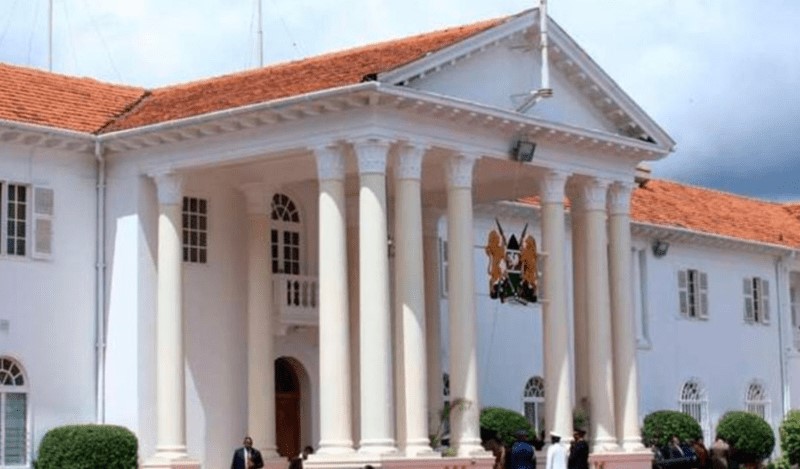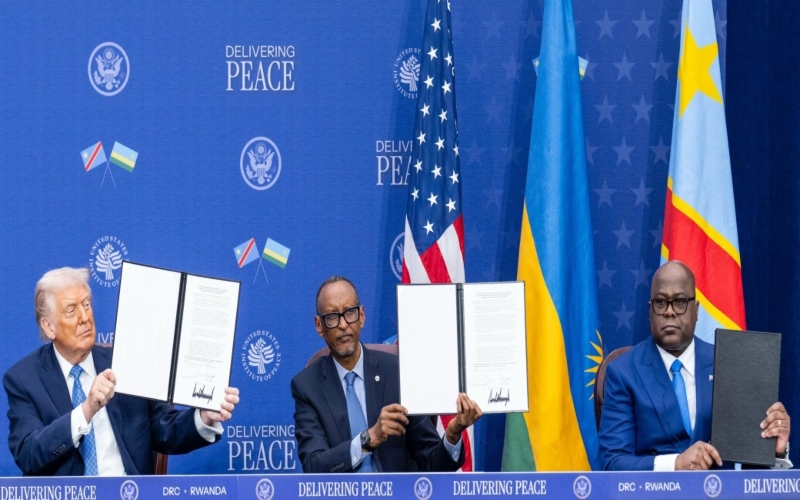MPs question proposed sale of East African Portland Cement shares to Tanzanian firm

The EAPC Board warned that the sale could create concentrated ownership, granting Kalahari Cement, in association with Bamburi Cement, an effective 41.7 per cent control of EAPC.
The National Assembly has raised concerns over the proposed sale of a 29.2 per cent stake in East African Portland Cement (EAPC) to Tanzanian-linked Kalahari Cement, warning that the deal could give a single private entity significant control and reduce the influence of public shareholders.
During a Thursday session of the Trade, Industry and Cooperatives Committee, chaired by Benard Shinali with Vice Chair Marianne Kitany, MPs questioned Treasury officials led by Director General for Investment and Portfolio Management, Lawrence Kibet, over the proposed share price of Sh27 per share, which is less than half of EAPC’s current trading value on the Nairobi Securities Exchange (NSE), estimated at between Sh58 and Sh64.
More To Read
- Treasury CS John Mbadi defends ballooning State House budget
- Ndindi Nyoro questions government’s decision to sell 15 per cent Safaricom stake
- Government, miners form joint committees to curb exploitation, protect communities
- MPs push for urgent funding boost for Auditor General’s office
- Treasury’s plan to abolish six development authorities raises fears over 423 projects, 1,500 jobs
- Judiciary faces Sh576.6 million pending bills amid budget review
Funyula MP Wilberforce Oundo highlighted the undervaluation, stressing that the concern was about the value to the Kenyan public when shares are transferred privately at half the market rate.
“The question is about value, not percentage. What does it mean for the Kenyan public when shares are transferred privately at half the market rate?” Oundo asked.
The committee also raised legal and governance concerns, noting that the Attorney General’s office had not been consulted on the matter, which could create gaps in compliance with the Companies Act, State Corporations Act, and other corporate governance frameworks.
MPs warned that ignoring legal oversight could make the process potentially unconstitutional and undermine public trust.
Treasury representatives insisted that government holdings would remain intact.
“Neither Treasury’s 25 per cent nor NSSF’s 27 per cent holding has been touched. What has been changing is within private investors,” Kibet explained, framing the sale as a private matter between non-state parties.
The EAPC Board warned that the sale could create concentrated ownership, granting Kalahari Cement, in association with Bamburi Cement, an effective 41.7 per cent control of EAPC.
Board Chairman Brig (Rtd) Richard Mbabi noted, “Post-transaction, the beneficial owner would effectively control 41.7 per cent of EAPC, a level of ownership likely to influence board voting rights and corporate decision-making.”
The board emphasised that such consolidation could undermine the influence of public shareholders and shift decision-making power toward a single private entity.
EAPC also stressed that the transaction undervalues the company and must adhere to the Companies Act, State Corporations Act, and corporate governance frameworks before it is finalised.
The board stressed that any sale must reflect the company’s intrinsic value and align with its five-year strategic plan, which prioritises operational efficiency and balance sheet restructuring.
The session concluded with MPs insisting on full disclosure on pricing, legal compliance, and governance implications, underlining the need for transparency and safeguarding public interest in strategic national assets.
Top Stories Today














































